Let’s talk transition coaching… how it works for those nearing the end of their careers
At Sirise, one of our specialisms is transition coaching, whether you’re wanting to coach your way out of a job or into one. Much is written about coaches empowering people to move up the corporate ladder, but what about those who are looking to move away from large corporate roles and think about retiring??
In this post Sarah Parr speaks to Jayne Winders, a former Executive Director at a large North West based Housing Association, about her coaching journey to retirement, highlighting how constructive transition coaching can be in all aspects of a corporate environment.
Sarah: It seems like a long time ago now, since we first started to work together? What was it that made you want to work with a coach?
Jayne: I’ve had several coaches, one at every important stage of my working career.
When I started out, I felt I needed someone to help bring me into the housing association world, particularly regarding governance. I’ve had many different experiences of coaches since then, as I say at every stage of my career. So I've benefited a lot from coaching and know it’s value.
I've always had that level of support, even in this end stage of my career. We started this transitional coaching journey just before Lockdown hit and now there is just weeks to go until I retire…
If you consider your career as a path of ascension, then I guess retirement is the soft landing. You want the end to be as good as the beginning. Coaching has definitely helped this process. Meeting monthly or bimonthly has been an independent sounding board for me. Each time we met we've had so much to talk about!
Sarah: We have indeed. Sometimes our conversation has been totally work-focused. At other times it's been more about you as a person and your family life. It's been a real mix in terms of the breadth of topics we've covered. I like that description of having a sounding board – wherever you are in your career to whatever stage of life.
Jayne: You've been excellent sounding board for me. It was harder with some of my previous coaches. You were much softer, gentler. Of course, I’ve learnt from years of coaching that you aren’t there to solve my problems but to enable me to talk them through. So, I think we've had an excellent working relationship.
Sarah Parr: So, what would you say are the benefits of transition coaching? If you were talking to somebody in a similar situation as you were three years ago, with retirement on the horizon, what would you say to someone moving towards stepping down? A lot of people at that stage of their career wouldn’t necessarily consider coaching as a source of support and yet it’s a time when plans need to be fully formed to anticipate what the future looks like…
Jayne: Strangely enough, I just tried to explain this to somebody who is a similar age to me who is going to step down next year. “Think about having a coach to help you through the transition process,” I said. “They are like a friend who can be a sounding board, but better than a friend, because a friend can never be truly independent. However, a coach sees things in a different light.”
I think part of the transition is managing expectations about retirement, wondering what you will do, having a think about that. People say, “Oh, you'll be very busy. You'll be doing this, that and the other.” And perhaps you won't be… Getting used to the idea of not working, of not going to the office was a big thing for me. The fact is retirement is inevitable at some point, whether you decide it or other people decide it. So, I would definitely recommend transition coaching to others. I feel better for it.
I remember years ago we had people coming in to advise us in a group session, about some of the practicalities of retirement. They discussed health and well-being around retirement and money matters. They talked about having a plan, the finances to do the things we wanted to achieve. That was helpful, but the transition coaching I have experienced is a far more polished and enhanced version of that. I requested transition coaching towards retirement because I thought it would help me personally, but now that I have been through it, I think this is something that all employers should offer to employees who are leaving.
Sarah Parr: There were many angles to the conversations we had, but one thing that sticks out for me about you, was your concerns about leaving a legacy. I don’t mean to sound as if you were egotistical here. That's not what it was about. You wanted to ensure that you had appointed the right people, had the right structure in place, so when the time came for you to retire, it would be a smooth transition and there's got to be a huge business benefit to that.
Jayne: Yeah, that's right!
Sarah: And you weren’t going to cling onto a role because it was an indispensable part of you. Rather, you came to have a mindset where you were thinking… “No, you're not going to need me anymore because of what I've put in place.” That's got to be a massive business benefit to your employer.
Jayne: Absolutely! That that's a really great benefit of investing in a transition coaching. I may have had the option to leave immediately and not even work my six months’ notice; that could have been easier, but the company benefitted enormously through this process. Some executives may see this as a waste of money, considering it pointless to go further with a person who is leaving, however I definitely think employers should offer this kind of coaching to outgoing employees, whether it is retirement, redundancy or restructuring.
This is because coaches can bring insight and outline different options that nobody else can. Transition coaches ask the questions you need to ask yourself to come up with the right answers. You don't know the answers because you don't know what the questions should be. You keep framing the questions in the same way you've always done, but a coach can help you look at things differently and that’s why transition coaching is so valuable.
Sarah Parr: As you say, its highly beneficial to have an independent person ask the killer questions. This is what unlocks the killer answers, which is quite hard to achieve on your own. I think of transition coaching as a way of finding the right ways to unlock answers for my clients, no matter how many times they've questioned themselves or their abilities.
We included some work on your personal values as discussing these can be helpful to people while they're transitioning into a retirement or semi-retirement. What do you think?
Jayne: You certainly gain awareness of your values working with the coach, discovering the things you find fulfilling. In a retirement scenario, it’s not just a case of finding something to do to keep you active, keep your brain functioning etc. These are the things that are going to facilitate that soft landing I spoke of.
This is the kind of insight a coach brings to you. So, we may not have talked about values, but we actually did in this way. We talked a lot about feelings of worth and you rightfully used the word, ‘legacy’. A sense of value was drawn out through each of our conversations, we’d have a meeting, and talk about the things that upset or annoyed me or made me happy, the things that link to values? It was always part of our collective thinking process which is so important!
My husband calls it ‘executive thinking’. He often tells me to take some time out and “do some executive thinking.” It’s when you do this, that you come up with ideas to solve problems like helping people negotiate the financial challenges of living on a pension!”
Sarah Parr: Perhaps you could have a retirement role as a government advisor Jayne, I would love that! You're such a problem solver.
Jayne: That's my problem is I can't stop thinking about ways to solve problems and my retirement frustration is going to be having no outlet for this. However, I decided I wouldn’t let my job define me any longer. In retirement transition coaching, one needs to discover what your personhood looks like without a job label…
The more senior you are in an organisation the more wedded to your work you become, so it’s hard to get into a place where you can accept it’s no longer part of you. I didn’t want that feeling of emptiness coming upon me all of a sudden. So, with your help, I worked myself out of a title, out of having staff doing my bidding. It’s a challenge to be important one day and then the next day you're not. In retirement, you have to come to terms with having ‘executive thoughts’ but while making cakes!
Sarah: I’m sure they will be the best cakes! In closing, let me ask you one last question. What is it about me as a coach that really worked for you?
You have an ability to flex your coaching style for the individual and see what a particular person needs from a variety of different backgrounds. That I think that’s your strength. You listened to what I wanted and added energy. You also have an approachable, nice, calm and quiet manner – the exact opposite of me so it has been a complimentary coaching partnership.
Now that I know you, I realise you're not really that quiet, but you tweaked your professional style towards facilitating thoughts and conversations to suit me which was really positive. You listened to me from the start and developed something that was absolutely bespoke to the individual and I know you will do the same for many others. I really hope this interview proves helpful, that others may benefit from it.
If you, like Jayne are facing retirement and could benefit from transition coaching we would love to hear from you.
Coach your way out of a job with transition coaching. Call Sarah Parr today!



